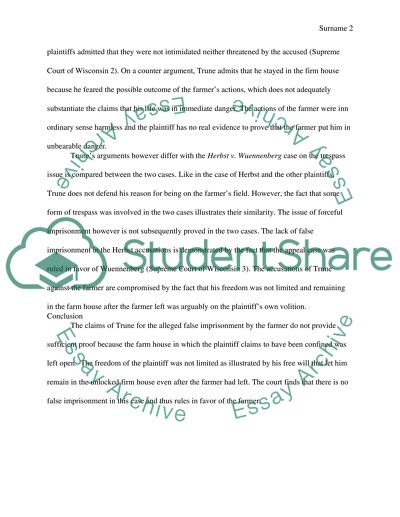Studying a case Study Example | Topics and Well Written Essays - 500 words. Retrieved from https://studentshare.org/law/1588736-studying-a-case
Studying a Case Study Example | Topics and Well Written Essays - 500 Words. https://studentshare.org/law/1588736-studying-a-case.


